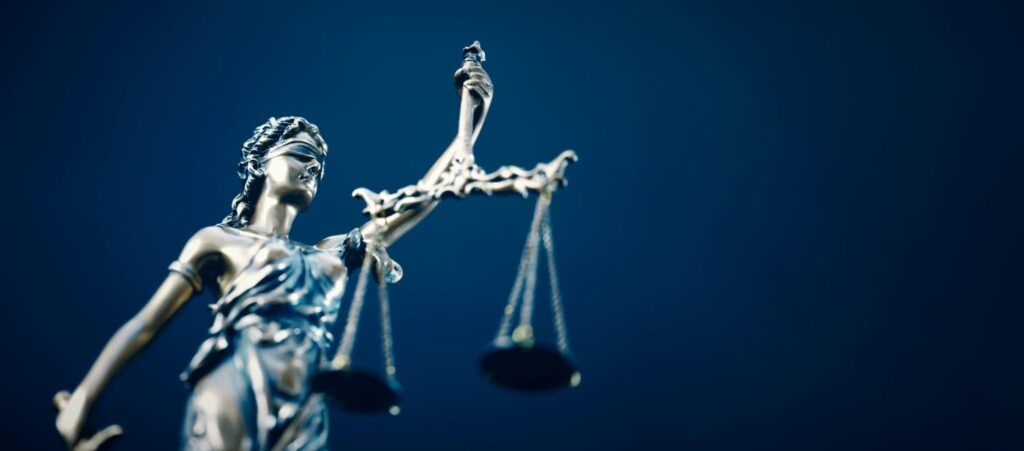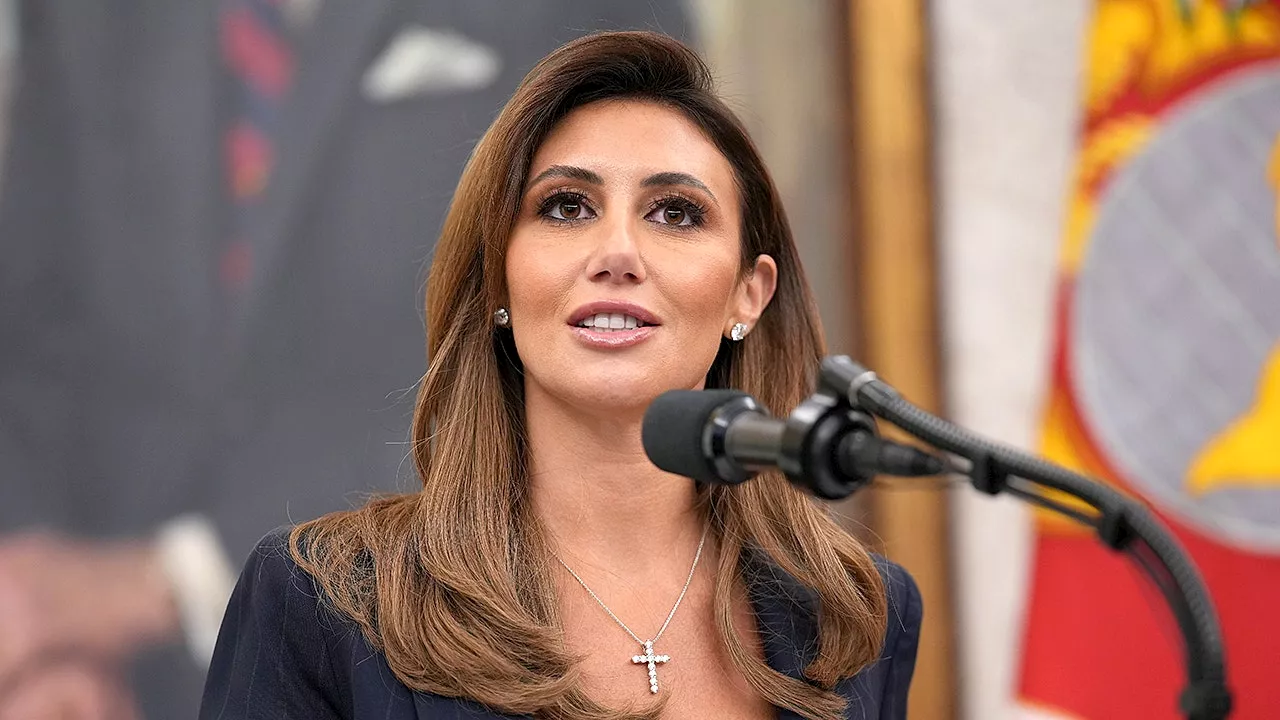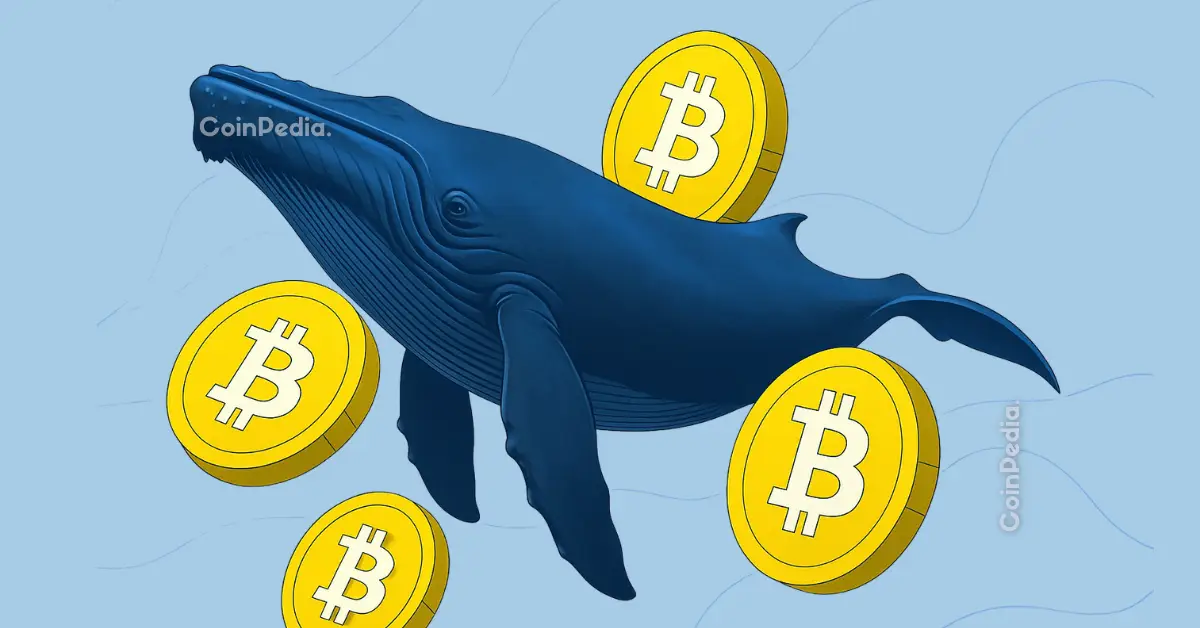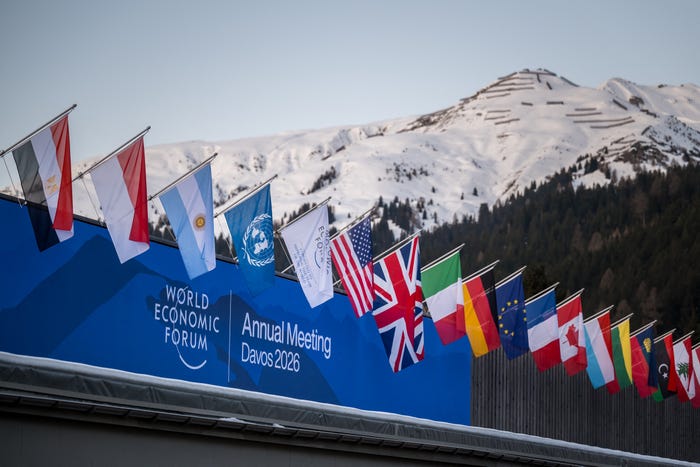
Throughout U.S. history, presidential scandals have significantly influenced public perception and ethical standards within the executive branch. Events involving financial misdeeds, illegal political activities, and personal indiscretions have shaped how Americans view their leaders. As new information emerges, the legacy of these scandals continues to provoke conversation about the ethical boundaries expected of those in power.
Historical Context of Presidential Scandals
Over time, various scandals prompted lawmakers to clarify ethical standards for presidents and vice presidents, which were eventually codified in the **Executive Branch Standards of Ethical Conduct** in **1993**. This set of rules applies to approximately **1 million** government employees across **100 federal agencies** and addresses issues such as gift acceptance, financial conflicts, and abuse of power.
While some scandals have been substantiated through public records or credible witness accounts, others have remained shrouded in rumor. This article focuses on well-documented scandals that have emerged over the years, illustrating that the ethical conduct of U.S. presidents has often fallen short of public expectations.
Notable Presidential Scandals
**Thomas Jefferson** faced scrutiny for his long-term affair with **Sally Hemings**, a slave who was the half-sister of his deceased wife. Historical accounts suggest that Jefferson began this relationship when Hemings was just **16 years old**, resulting in six children, four of whom survived to adulthood. DNA evidence later confirmed that Jefferson was indeed the father of Hemings’ children.
In **1824**, the election between **John Quincy Adams** and **Andrew Jackson** highlighted another scandal. The election went to Congress after neither candidate secured a majority of electoral votes. Adams was elected by the House after forming a controversial alliance with **Henry Clay**, which many viewed as a corrupt bargain. Jackson avenged this perceived injustice by defeating Adams in the subsequent election.
**Andrew Johnson** became the first president to be impeached when he defied Congress by attempting to remove **Edwin Stanton**, the Secretary of War, from office. The House of Representatives passed articles of impeachment, but Johnson narrowly avoided conviction in the Senate by a single vote.
**Ulysses S. Grant** presided over one of the most scandal-ridden administrations in history. His presidency was marred by various corrupt practices, including an ill-fated gold market scheme orchestrated by **Jay Gould** and **James Fisk**, which caused a financial panic. Additionally, his administration faced allegations of nepotism, manipulation of tax collections, and various illicit contracts involving government officials.
**Franklin D. Roosevelt**’s personal life also drew attention. He engaged in a long-term extramarital affair with **Lucy Mercer Rutherfurd**, while his wife, **Eleanor Roosevelt**, maintained a close relationship with journalist **Lorena Hickok**. Despite the emotional bond, many historians debate the extent of Eleanor’s involvement.
The 1960s brought scandal to the forefront with **John F. Kennedy**, who was rumored to have numerous affairs, including with several White House staff members. His alleged relationship with **Marilyn Monroe** remains a subject of speculation, with no conclusive evidence proving the affair.
**Richard Nixon** faced the most infamous scandal in U.S. history with the **Watergate break-in** in **1972**. The subsequent investigation revealed a conspiracy to sabotage political opponents, leading to Nixon’s resignation in **1974** to avoid impeachment.
**Gerald Ford**, who assumed the presidency after Nixon’s resignation, issued a controversial pardon to Nixon, preventing any legal repercussions for his actions. This decision was met with significant public backlash, ultimately impacting Ford’s chances for re-election.
The **Iran-Contra scandal** during **Ronald Reagan**’s presidency involved the illegal sale of arms to Iran to fund Contra rebels in Nicaragua. As a result, **14 members** of the Reagan administration faced charges, but Reagan himself was never convicted of direct involvement.
The late **1990s** saw **Bill Clinton** embroiled in scandal after being accused of sexual harassment by a state employee. Clinton paid an **$850,000** settlement and was subsequently impeached by the House for lying under oath concerning his affair with **Monica Lewinsky**. He was acquitted by the Senate.
More recently, **Donald Trump** has been accused of sexual misconduct by approximately **26 women** and was impeached twice during his presidency. He faced charges for withholding aid to Ukraine and inciting an insurrection at the Capitol in **2021**. In **2024**, Trump became the first former president to receive a felony conviction for falsifying business records related to hush-money payments.
As these examples illustrate, presidential scandals have not only shaped the political landscape but have also prompted changes in the ethical standards expected of those in leadership positions. With ongoing investigations and evolving public perspectives, the conversation surrounding these issues continues to resonate in contemporary society.







